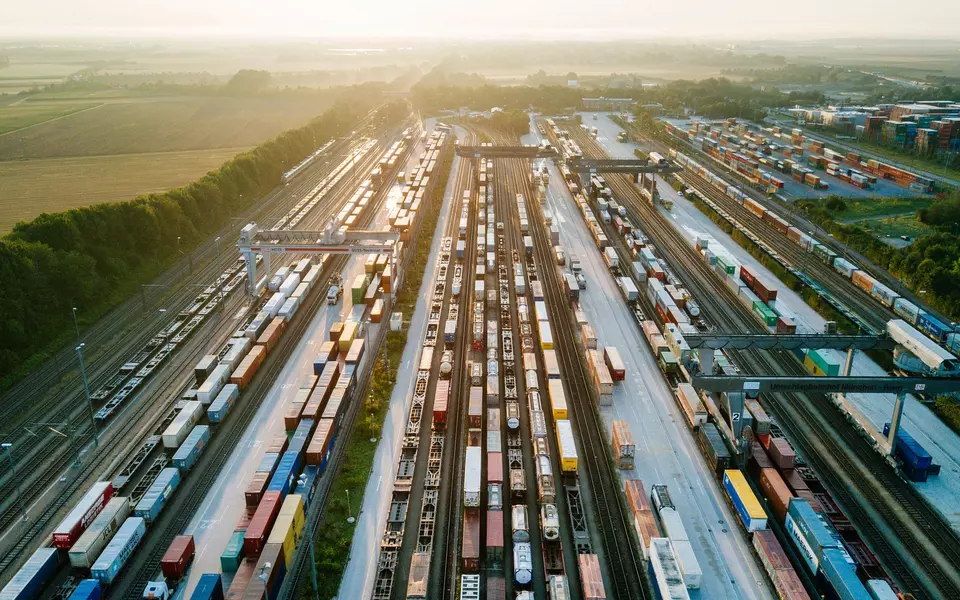22.08.2017
Railways as key for CO₂ savings

The Pfeifer Group sets on railways as a transport alternative. The volume of goods transported by freight trains and intermodal transport has constantly increased during the past years.
In 2016 The block trains and single wagons transported a quantity of about 660,000 tonnes. This quantity corresponds to 470 block trains. Furthermore, during 2016 further 2,112 loads were performed in the framework of intermodal transport “piggy back”. This means: supplies - for a total amount of about 60.000 tonnes - are performed with trucks and railway transport. The loads or the entire trailers are loaded on goods wagons, only for the transport from and to railway stations trucks are used.
“We purse continuous savings of CO₂ emissions obtained through transport“.
Herbert Stöckl, Head of Logistics at the Pfeifer Group
“Railway or intermodal solutions represent to us a very good service as planned vehicles. Furthermore, as timber processing company, we follow a very clear agenda regarding CO₂ savings. Wood is a CO₂ neutral raw material. This results for us in the target of a constant reduction of emissions derived from transport”, says Herbert Stöckl, Head of Logistics of the Pfeifer Group.
The Pfeifer Group relies on transport by railway.
Perspectives on the Regensburg-Verona axis
The consequent implementation of this strategy can be read trough transport statistics. If CO₂ savings thanks to intermodal transport in 2014 were 1,540 tonnes,they grew in 2016 to 1,940 tonnes. “In the same transport of goods between Austria and Italy and Germany and Italy, there are intermodal interfaces that we use as often as possible. The development of corresponding transport offers along the Regensburg-Verona axis is observed and managed by us with great interest”, says Stöckl.